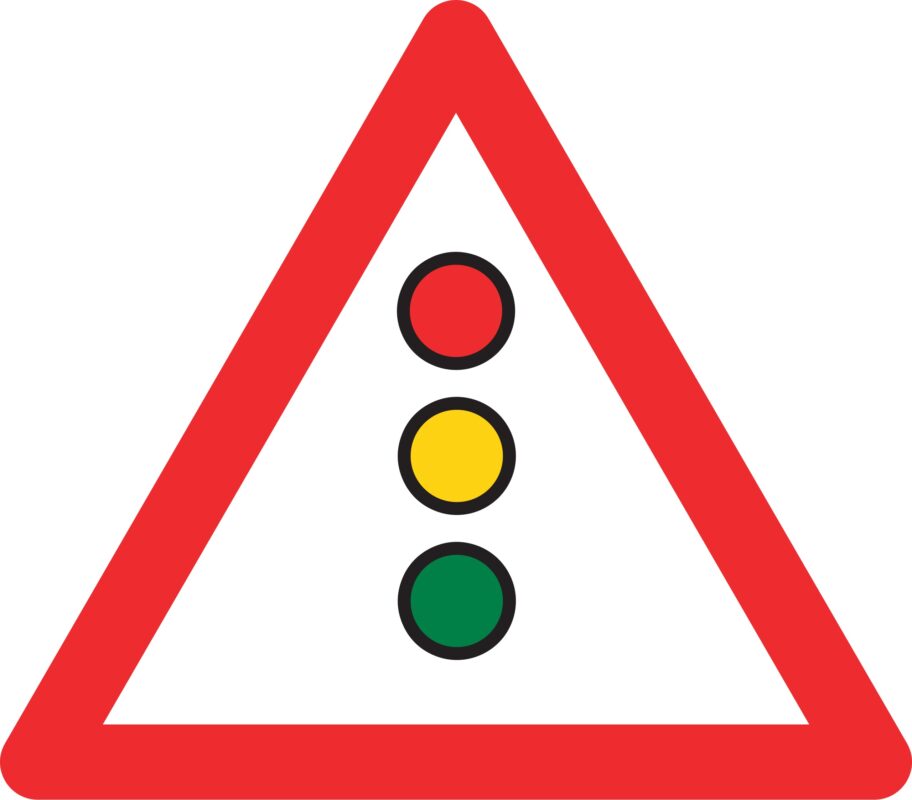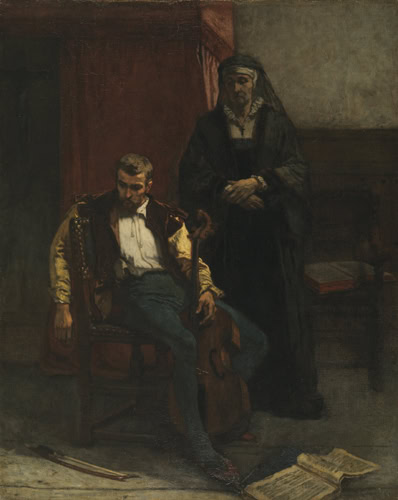Delegates' Meeting driven by a vision for the future
This year's Delegates' Meeting of the Union Suisse des Artistes Musiciens was held in the beautifully renovated foyer of Berne's City Theater. Guest speaker was cultural manager Beat Fehlmann.
The USDAM Annual Delegates' Meeting was held on May 30 in Berne. As usual, the pre-meeting luncheon provided an opportunity for enriching discussions with representatives from other sections, and for getting to know the atmosphere prevailing in other orchestras.
In her welcome address, central co-chair Muriel Noble from Geneva pointed out that talking about musicians' health is taboo, despite the fact that it is seriously threatened by noise, stress and aging, among other factors. Given that the Swiss Code of Obligations requires employees to be protected, she urged them to exercise their rights, such as consulting an occupational physician. Mentally and physically healthy musicians also save money.
For Davide Jäger, co-president, from St. Gallen, the idea of solidarity was at the heart of the union's core values. Permanent employees should support the self-employed by not accepting wage dumping.
After a brief greeting from Sebastian Schindler, president of the USDAM's Bernese section, Beat Fehlmann, outgoing director of the Deutsche Staatsphilharmonie Rheinland-Pfalz in Ludwigshafen and future artistic and administrative director of the Liechtenstein Academy of Music, took the floor as guest speaker.
Changing values and consequences
His talk focused on various aspects of the future. The skills that distinguish the profession of musician, such as manual dexterity, stamina and precision, but also creative thinking, do not come naturally in an age where rapid success and easy access are required. Generally speaking, values are changing, both ethically and economically. For example, it is now essential to use resources with care, to consider the ecological consequences of attending a concert or opera. We should be asking ourselves how culture is used, pondering the question: who benefits from culture, and who uses it?
According to a nationwide survey conducted by Forsa - one of Germany's leading market and opinion research institutes - among a representative sample of the population, the Liz Mohn Foundation's "Culture Relevance Monitor 2025" finds that 91% find it important that there is cultural provision, and 76% believe it should be publicly funded. There is a discrepancy, however, in that two-thirds of those surveyed do not use this cultural offering, and 43% of young people feel that it is not for them, or that they would not fit in. Nevertheless, art and culture are the glue that holds society together. In areas with a richer cultural offering, participation in democratic processes is also higher. Accessibility and local roots are important, however. Fehlmann emphasizes that aesthetic practice and social practice are equally important. This implies the following tasks for cultural institutions: openness to innovation and transformation, cultural participation and inclusion, capacity for dialogue and networking, sustainability and resource management.
Ludwigshafen Competence Center for Music
In Ludwigshafen, the proportion of the population with a migrant background will rise to 53% by 2022, with an upward trend. Given the challenge posed by this situation, Fehlmann came up with the idea of transforming "his" orchestra into a center of competence for music, which had not existed in this form until now. To this end, the salary contract also had to be modified: 80 percent of working time is devoted to the regular running of the orchestra, and 20 percent to the development and realization of new individual projects. Ideas from within the orchestra are collected and evaluated in a transparent selection process. Of the 78 proposals submitted, 41 were selected for realization and implementation from the 2023/24 season onwards. The list of projects can be found on the orchestra's website (www.staatsphilharmonie.de), they range from the widest variety of concert formats to numerous ideas for musical mediation, from a conducting competition to concerts with workshops and lectures on the theme of the climate crisis. The approval rate, from orchestra members and audiences alike, is impressive. The pilot project "Competence Center for Music" was awarded the 2023 Innovation Prize of the German Orchestras Foundation, endowed with 20,000 euros. In all cases, the key factor is the connection with the local audience and its needs.
After this perspective on the possible future of orchestras came USDAM's return to the present: all activity reports and annual accounts, as well as the 2025 budget, were approved, and the Central Committee and Central Secretary were discharged. In future, minutes of decisions are to be sent out promptly after decisions have been taken at Central Committee meetings. A proposal signed by 64 members to set up a national "Reconciling care and work" working group was opposed by a counter-proposal from the Central Committee ("Health and safety working group"), which wishes to address this issue in a broader context. As both proposals were accepted, it was decided to make a new decision after a one-year work phase by both working groups. A first version of a "tariff traffic light", which lists the orchestras that comply with USDAM tariffs and those that do not, has been completed. However, some orchestras did not reply to the questionnaire. The traffic light shows that there is still some persuasive work to be done until the tariffs are applied throughout the country, a fundamental requirement of the USDAM.
The minutes of this meeting will be published on the USDAM website and may also be consulted at the Central Secretariat.








